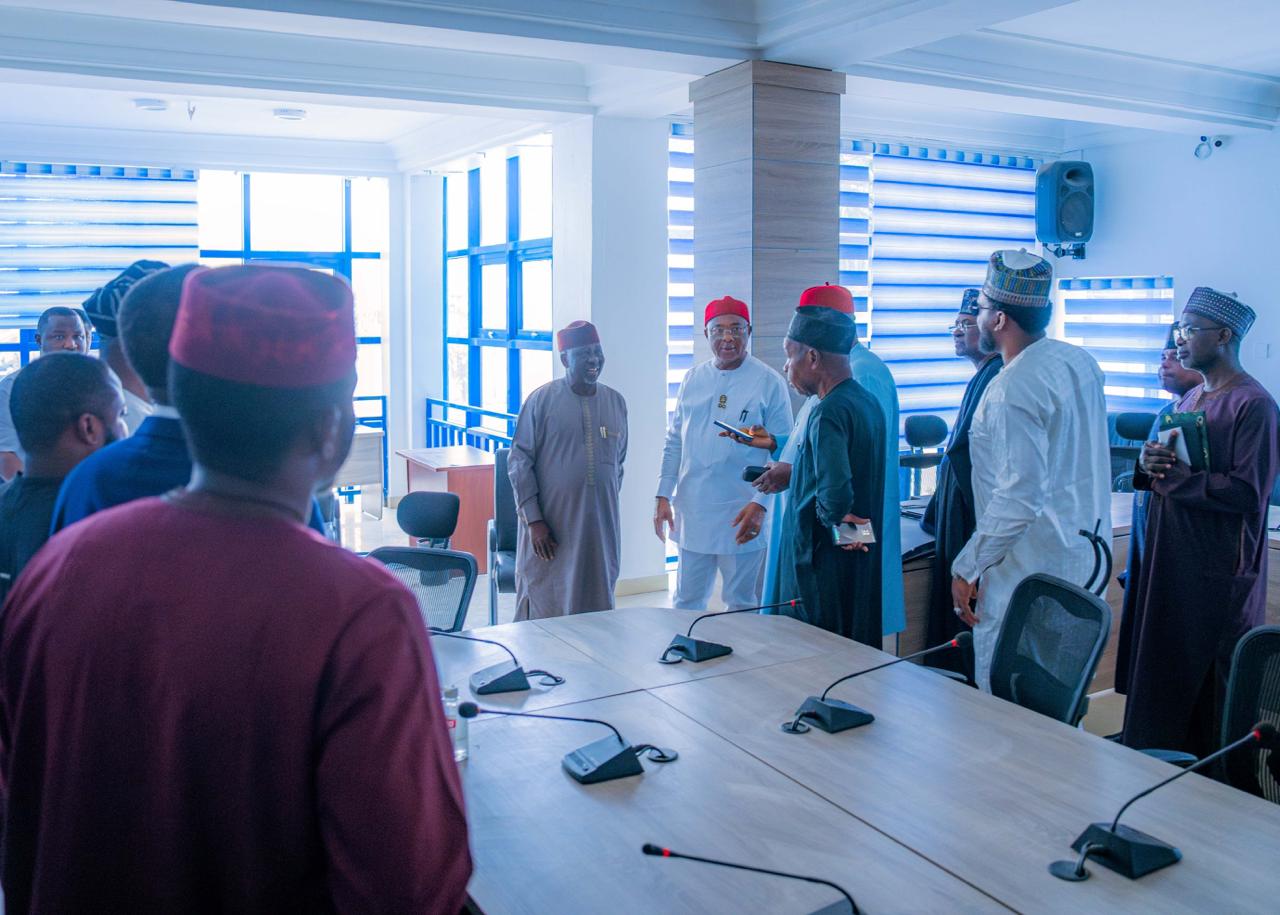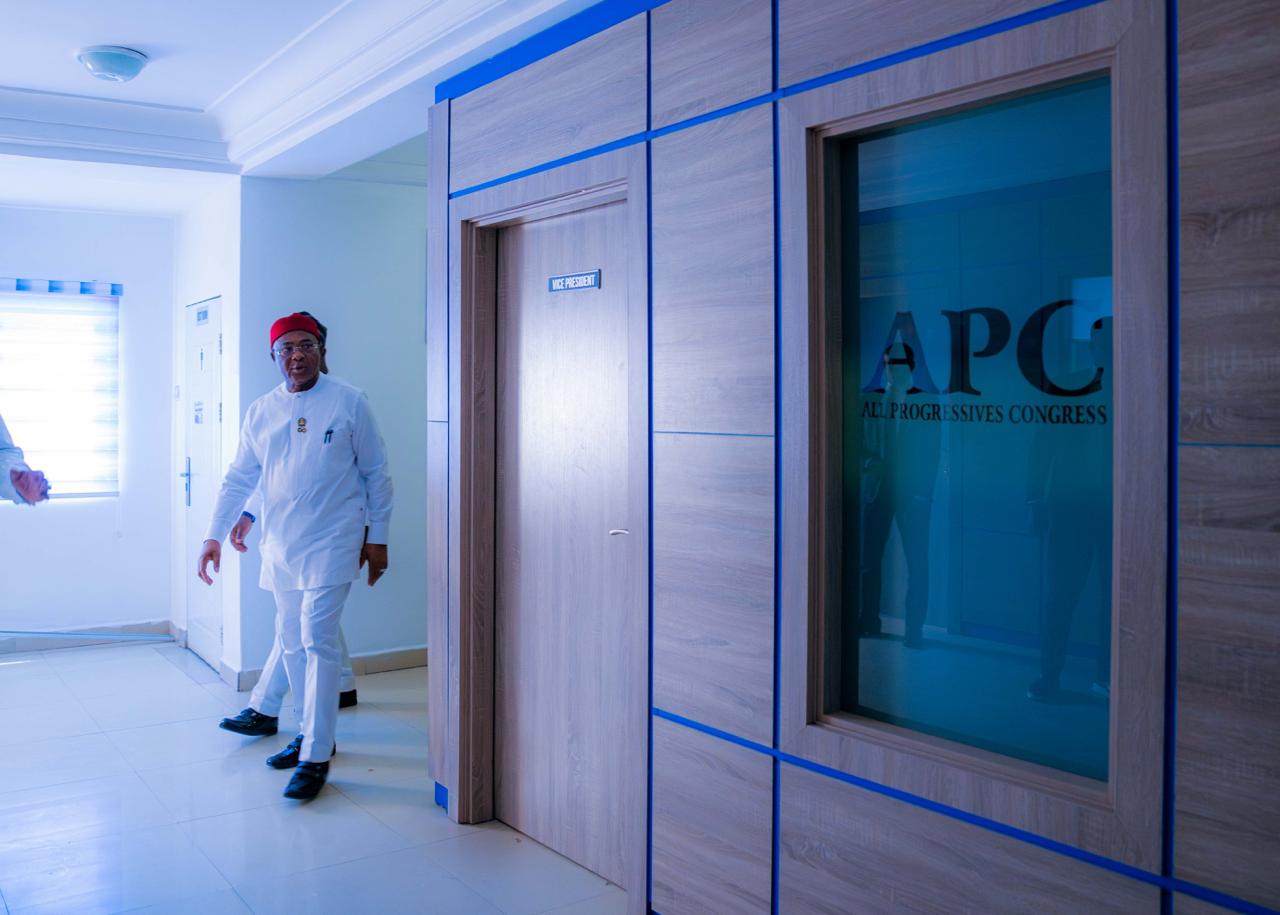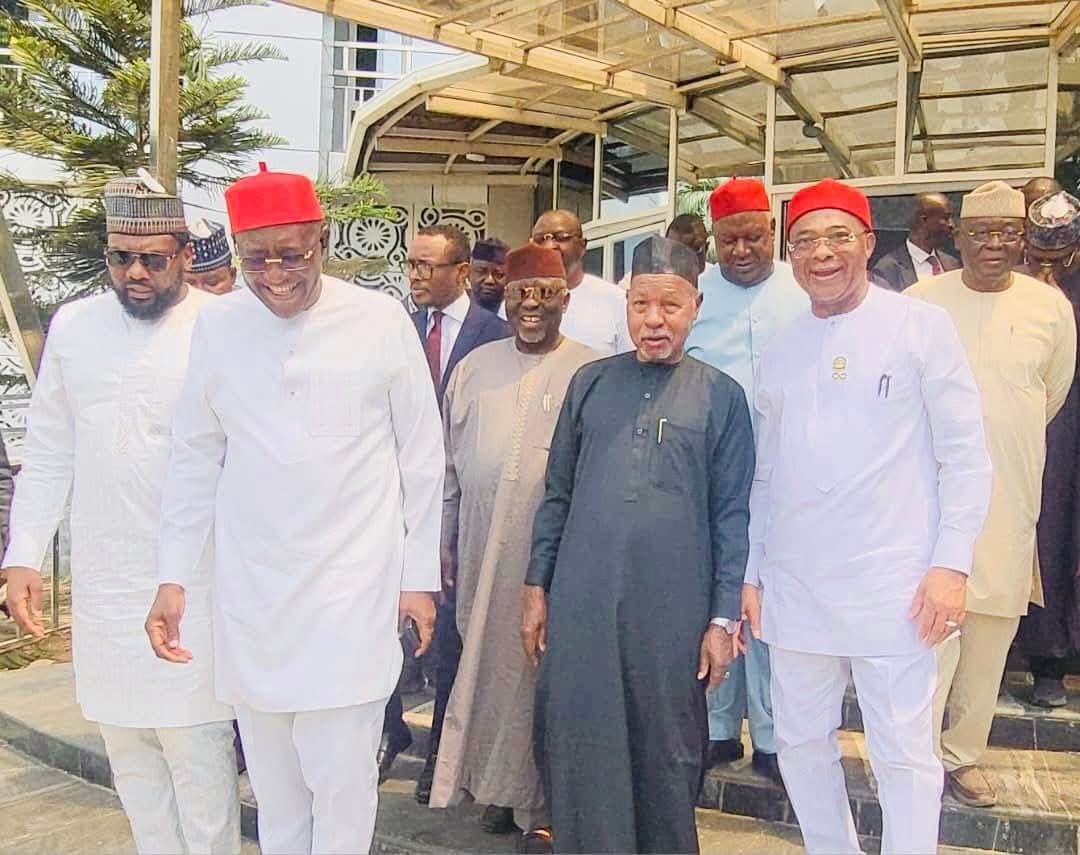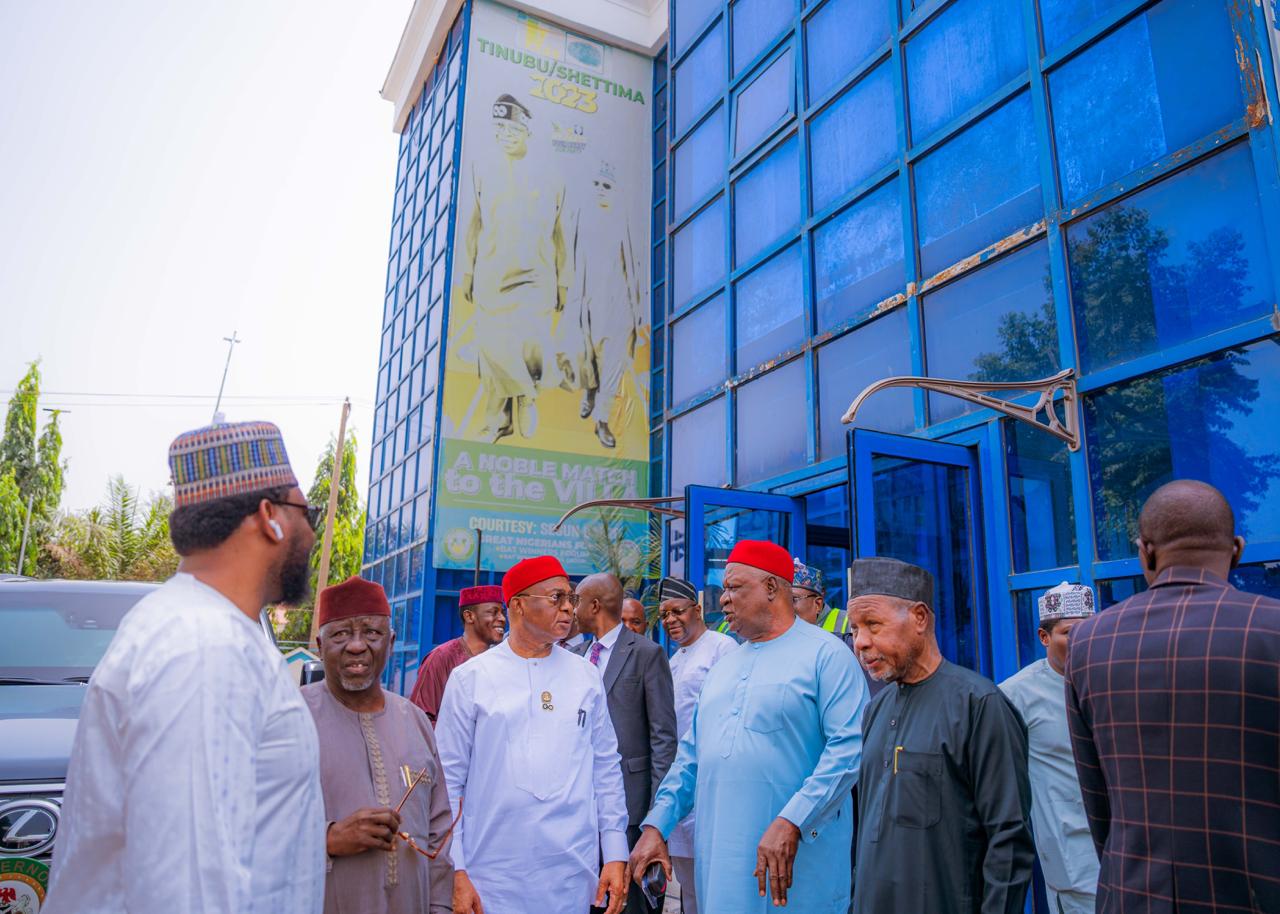Business
EXPOSED!!! The Many Maltreatments of Nigerians by Indians in Mike Adenuga-owned Globacom + How Glo is being Hijacked Gradually

Often times we have tried to reveal the slavery going on inside Mike Adenuga-owned Globacom; how Nigerians are subjected to in-human treatments in the hands of expatriates who are paid handsomely for ‘nothing’. These expatriates contribute less to the growth of the company, but end up sleeping away their hours in the office and living very large.
Despite these incessant complains, Globacom Chairman, Mike Adenuga has done noting to make the situation any better. However in this report obtained by PorscheClassy below, e-NIGERIA! discovered that a cabal inside Globacom may have snatched the company from it’s owner who is now incapacitated.
The cabal made of expatriates occupying managerial positions are said to be responsible for the in-human treatment meted out to junior staffers in the company who are mainly Nigerians. This report comes with documents and photographs as proof of the decay in Otunba Mike Adenuga’s Globacom Nigeria, it is messy, messy and messy…READ BELOW
Nigeria’s second largest Telecoms operator, Globacom, seems to have turned a potential keg of gunpowder waiting to explode, should this happen; the splinters might be hard to gather together again.
Feelers from Globacom says the Mike Adenuga’s company is filled with all sorts of unholy acts ranging from ethical absence in top management and godfatherism where merit has been sacrificed on the altar of mediocrity to inhuman treatment of Nigerian staff.
PorscheClassy News gathered that trouble started on the 16th of May 2015 when a memo signed by Femi Kolawole,the head of human resources stated that the Globacom review Board comprising amongst others of Adewale Sangowawa,Jumoke Aduwo, Femi Kolawole and others had constituted a committee to coordinate the annual staff appraisal exercise and make appropriate recommendations for promotions, salary/prequisites increment and other incentives as considered appropriate.
A second memo dated June 19th 2015 signed by Adewale Sangowawa, then Executive Director human resources stated that increment for Nigeria staff of Globacom will take effect on July 1st 2015. These correspondences as expected boosted the morale of the Globacom work force all over Nigeria, as they saw it as an indicator that their efforts were being recognized from the imposing Mike Adenuga Towers Victoria Island Lagos and threw them into jubilation.
Tensions and expectations of the members of staff was high when by 30th of July 2015, nothing was heard from Globacom management and the rumblings heated up.
On the 31st of July, 2015, another shocker was received by the staff when an unsigned memo, without the usual Globacom letterhead was circulated instructing staff to contact a certain Jumoke Aduwo (080796590**) and Bunmi Akinyinka (080796590**) to confirm their new salaries.
The memo went thus ‘Further to earlier circular of all staff on above subject, we are pleased to announce that the board has approved promotions, salary increment together with a generous retention scheme for staff to take effect immediately’.
What raised eyebrows were the obvious facts that no Globacom staff was issued a promotion/salary increment letter, the contact persons listed in the memo were obviously staff of Globacom but their staff lines were not used and most obvious was the fact that the memo was not signed!
The mobile numbers attached to the memo were not Globacom staff numbers, documents at our disposal verified these claims.
This case is just the latest in a series of discontent and inequality in Globacom Nigeria, where some staff because of their closeness to the top of the food chain go home with a pay packet of 37 million Naira in addition to some other benefits while in the same company some staff have been on the same salary scale of 1.5 million Naira per annum for over 7 years.
A source revealed that most organizations in the telecoms and banking sectors in Nigeria use certain key performance indicators as a basis for staff remuneration and promotion, but alas in Globacom Nigeria ‘your rise in the organisation is based on who you know at the top, which is not healthy for the company, as a certain cabal within the company who have the ears of the chairman dispense favours to their loyalists.
The areas of staff appraisal by line managers has also generated a lot of controversy as some staff have repeatedly complained of being appraised by managers other than their line managers who do not know anything about them and their job functions, hence they fall prey in the hands of the power brokers within the organization in a constant power struggle.
Recently, a staff in the technical services circulated a memo to all staff voicing his grievances for being in the same salary scale for four years without any salary review and questioned why a company like Globacom lacks a KPI ( key performance indicator) scale, after which he tendered his resignation publicly. (Find attached his letter of Resignation)
Another source disclosed that another disturbing trend in Globacom is the influx of Indian that are gradually taking the positions of Nigerians
According to our source, Some of these Indians, it was revealed, earn as much as over USD250, 000 (Two hundred and fifty thousand Dollars) to skype and sleep in the office for 365days as they’ve got little or nothing to offer compared to their Nigerian counterparts who work day and night making sure that the company’s profile never dwindles.
“The Indians have subjected Globacom Nigerian employees to various unethical abuse and degradation, rating them poorly, leading to termination and replacing them with their Indian friends and family members.
Companies seeking to employ expatriates in Nigeria have to seek for expatriate quota permit from the Ministry of Internal Affairs or Nigerian Investment Promotion Commission which is for two years duration and it is renewable after every two years.
But in the case of Globacom, it is obvious that the expatriates quota in Globacom has been exceeded, as the India’s seems to have taken over completely.
Findings have also shown a high staff turnover in Globacom Nigeria, which is also said to bewilder the Chairman. As most have laid the rot squarely on the doorsteps of the faceless and nameless cabal within the company.
As it stands now, only time and chance will tell who will have the courage to bell the cat in the Mike Adenuga Towers before all spirals out of control.
All efforts to reach Mr Charles Jenarius and Mrs Gladys Talabi the executive directors of communications and Legal respectively were rebuffed as they refused to either confirm or deny the story. Additional info from Tunde Disu, a labour activist from Sagamu.
Source : e-Nigeria!
Business
Renewed Hope Ambassadors Inspect RHA Secretariat

Renewed Hope Ambassadors Inspect RHA Secretariat
Renewed Hope Ambassadors, led by its Director-General and the Governor of Imo State, Hope Uzodinma, alongside Zonal Coordinators (NW, NC, SE), the Media & Publicity Directorate, and other key stakeholders, inspected the RHA Secretariat two days after President Bola Tinubu unveiled the Renewed Hope Ambassadors grassroots engagement drive in Abuja.
Business
Harmony Gardens’ Ibeju-Lekki Portfolio Crosses $1bn

Harmony Gardens’ Ibeju-Lekki Portfolio Crosses $1bn
Harmony Garden & Estate Development Limited has expanded its development activities across Ibeju-Lekki, pushing the projected long-term value of its estate portfolio beyond $1 billion.
Led by Chief Executive Officer Hon. Dr. Audullahi Saheed Mosadoluwa, popularly know Saheed Ibile, the company is developing seven estates within the Lekki–Ibeju corridor. Details available on Harmony Garden & Estate Development show a portfolio spanning land assets and ongoing residential construction across key growth locations.
A major component is Lekki Aviation Town, where urban living meets neighborhood charm, located near the proposed Lekki International Airport and valued internally at over $250 million. The development forms part of the company’s broader phased expansion strategy within the axis.
Other estates in the corridor tagged as the “Citadel of Joy” (Ogba-idunnu) include Granville Estate, Majestic Bay Estate, The Parliament Phase I & II, and Harmony Casa Phase I & II.
With multiple projects active, the rollout of the Ibile Traditional Mortgage System, and structured expansion underway, Harmony Garden & Estate Development Ltd continues to deepen its presence within the fast-growing Ibeju-Lekki real estate market.
Business
BUA Group Showcases Food Manufacturing Strength at 62nd Paris International Agricultural Show

BUA Group Showcases Food Manufacturing Strength at 62nd Paris International Agricultural Show
BUA Group, one of Africa’s leading diversified conglomerates, is maintaining a strong presence at the ongoing 62nd edition of the Paris International Agricultural Show in France, participating as a premium sponsor and supporting the Nigeria Pavilion at one of the world’s most respected agricultural gatherings.
The 62nd Paris International Agricultural Show, taking place from February 21 to March 1, 2026, at Porte de Versailles in Paris, convenes global leaders across farming, agro processing, technology, finance, and policy. The event serves as a strategic platform for industry engagement, knowledge exchange, and commercial partnerships shaping the future of global food systems.
BUA Group’s participation reflects its long term commitment to strengthening the entire food production value chain. Through sustained investments in large scale processing, value addition, and branded consumer products, the Group continues to reinforce its role in advancing food security, industrial growth, and regional trade integration.
Speaking on the Group’s participation, the Executive Chairman of BUA Group, Abdul Samad Rabiu CFR, said, “BUA’s presence at the Paris International Agricultural Show reflects our belief that Africa must be an active participant in shaping the future of global food systems. We have invested significantly in local production capacity because we understand that food security, industrial growth, and economic resilience are interconnected. Platforms like this allow us to build partnerships that strengthen Nigeria’s competitiveness and expand our reach beyond our borders.”
BUA Foods, a subsidiary of BUA Group, maintains a strong footprint in flour, pasta, spaghetti, sugar, and rice production, serving millions of consumers within Nigeria and across neighbouring African markets. The Managing Director of BUA Foods, Engr. Abioye Ayodele, representing the Executive Chairman, is attending the event at the Nigeria Pavilion, engaging industry stakeholders and showcasing the company’s manufacturing capabilities.
Also speaking at the show, Engr. Ayodele stated, “BUA Foods has built scale across key staple categories that are central to household consumption. Our participation at this Show allows us to demonstrate the quality, consistency, and operational strength behind our products. We are also engaging global stakeholders with a clear message that Nigerian manufacturing can meet international standards while serving both domestic and regional markets efficiently.”
The Show provides BUA Group with an opportunity to deepen trade relationships, explore new export pathways, and reinforce Nigeria’s growing relevance within the global agricultural and food ecosystem.
BUA Group remains focused on building enduring institutions, expanding productive capacity, and positioning African enterprise competitively within global markets.
-

 celebrity radar - gossips6 months ago
celebrity radar - gossips6 months agoWhy Babangida’s Hilltop Home Became Nigeria’s Political “Mecca”
-

 society5 months ago
society5 months agoReligion: Africa’s Oldest Weapon of Enslavement and the Forgotten Truth
-

 society6 months ago
society6 months agoPower is a Loan, Not a Possession: The Sacred Duty of Planting People
-

 news7 months ago
news7 months agoTHE APPOINTMENT OF WASIU AYINDE BY THE FEDERAL GOVERNMENT AS AN AMBASSADOR SOUNDS EMBARRASSING

![mikk]](http://sahara.test/wp-content/uploads/2015/10/mikk-300x210.jpg)

















You must be logged in to post a comment Login